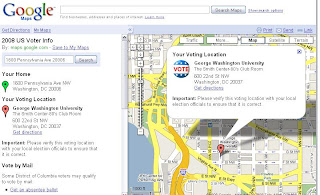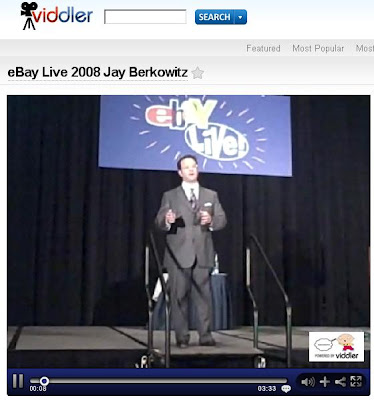 If you’re wondering how search engine optimization works and everything that goes with it you may want to explore IMBroadcast.com. Everyone learns differently, whether it be through reading text, illustration, audio and video. IMBroadcast is a site where you can upload videos about SEO, link building and other internet marketing strategies that other internet marketers are kind enough to share. The site is in its beginning stages so it can only grow from where it is now. I think this site is a great way to separate videos on a specific topic and that topic only, since it allows someone that wants to learn internet marketing all explore all of the aspects that come with it. I think that video tutorials give a better understanding than information written on a blog or resource website because not only can you hear a voice but you can also visualize making it easier to understand.
If you’re wondering how search engine optimization works and everything that goes with it you may want to explore IMBroadcast.com. Everyone learns differently, whether it be through reading text, illustration, audio and video. IMBroadcast is a site where you can upload videos about SEO, link building and other internet marketing strategies that other internet marketers are kind enough to share. The site is in its beginning stages so it can only grow from where it is now. I think this site is a great way to separate videos on a specific topic and that topic only, since it allows someone that wants to learn internet marketing all explore all of the aspects that come with it. I think that video tutorials give a better understanding than information written on a blog or resource website because not only can you hear a voice but you can also visualize making it easier to understand.Here's a video from the IMBroadcast site about Optimizing for Google.





